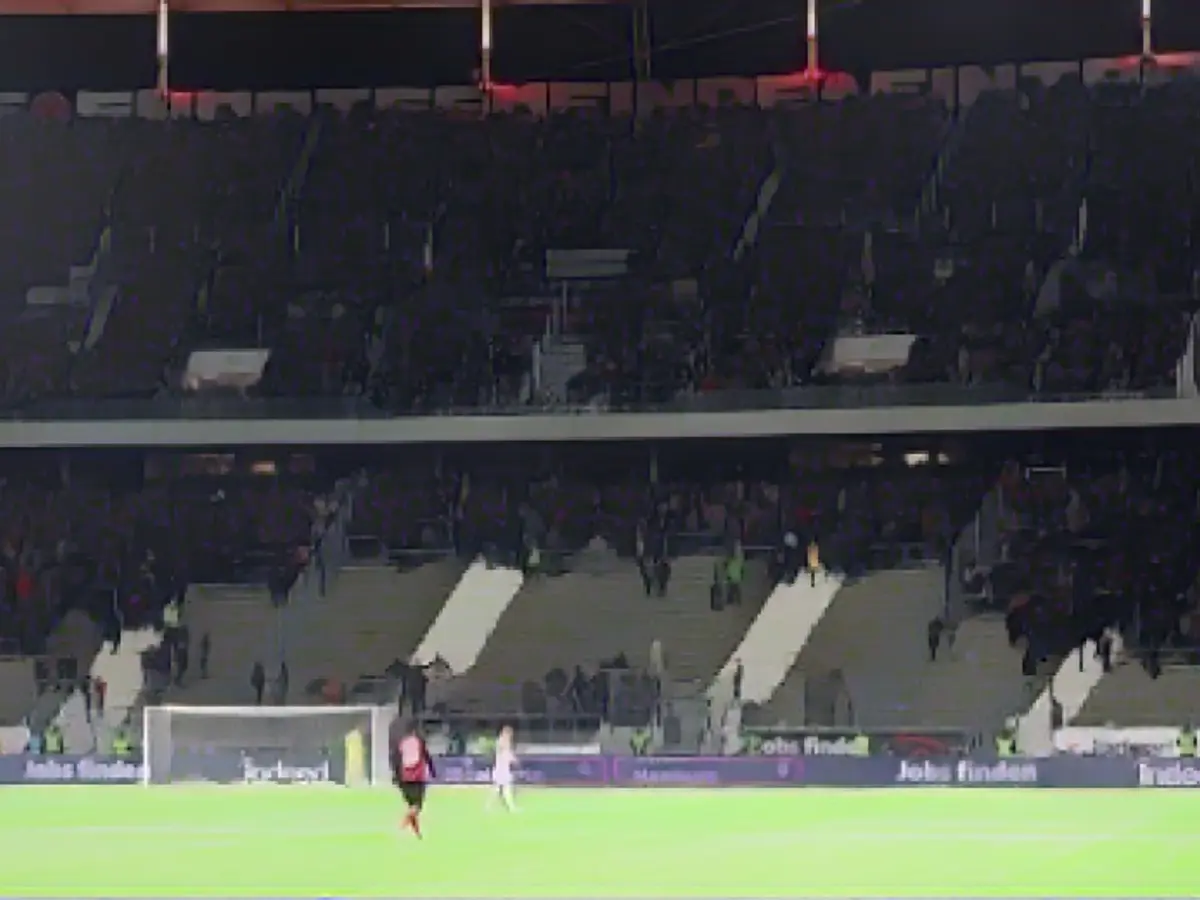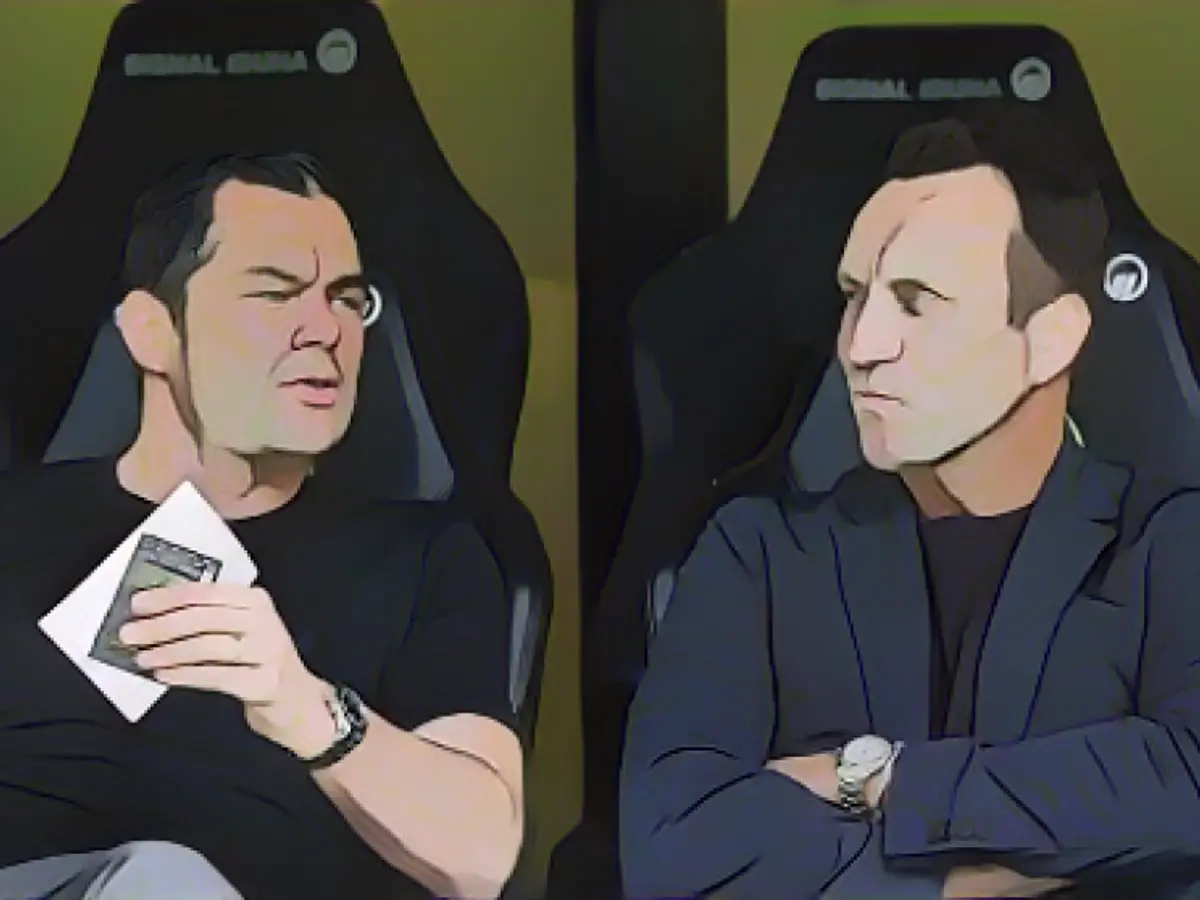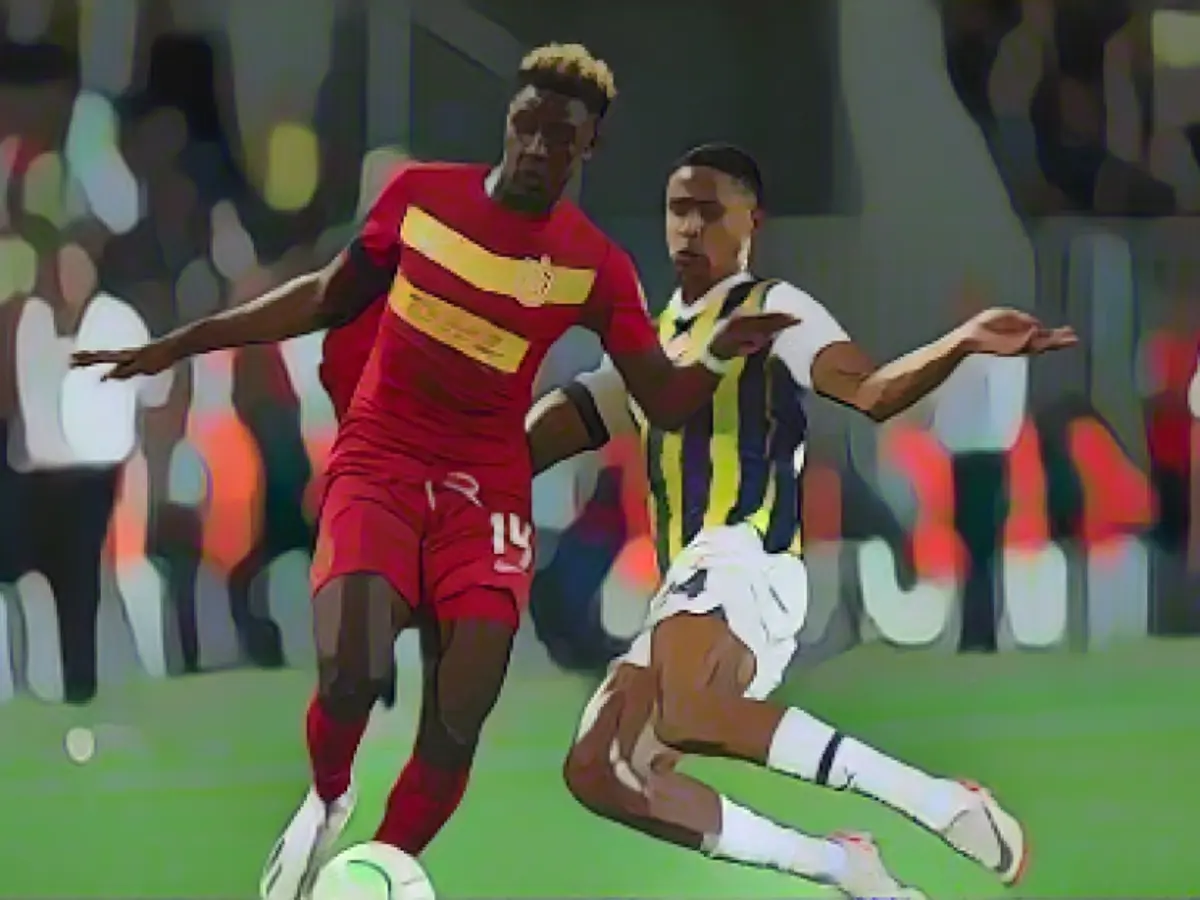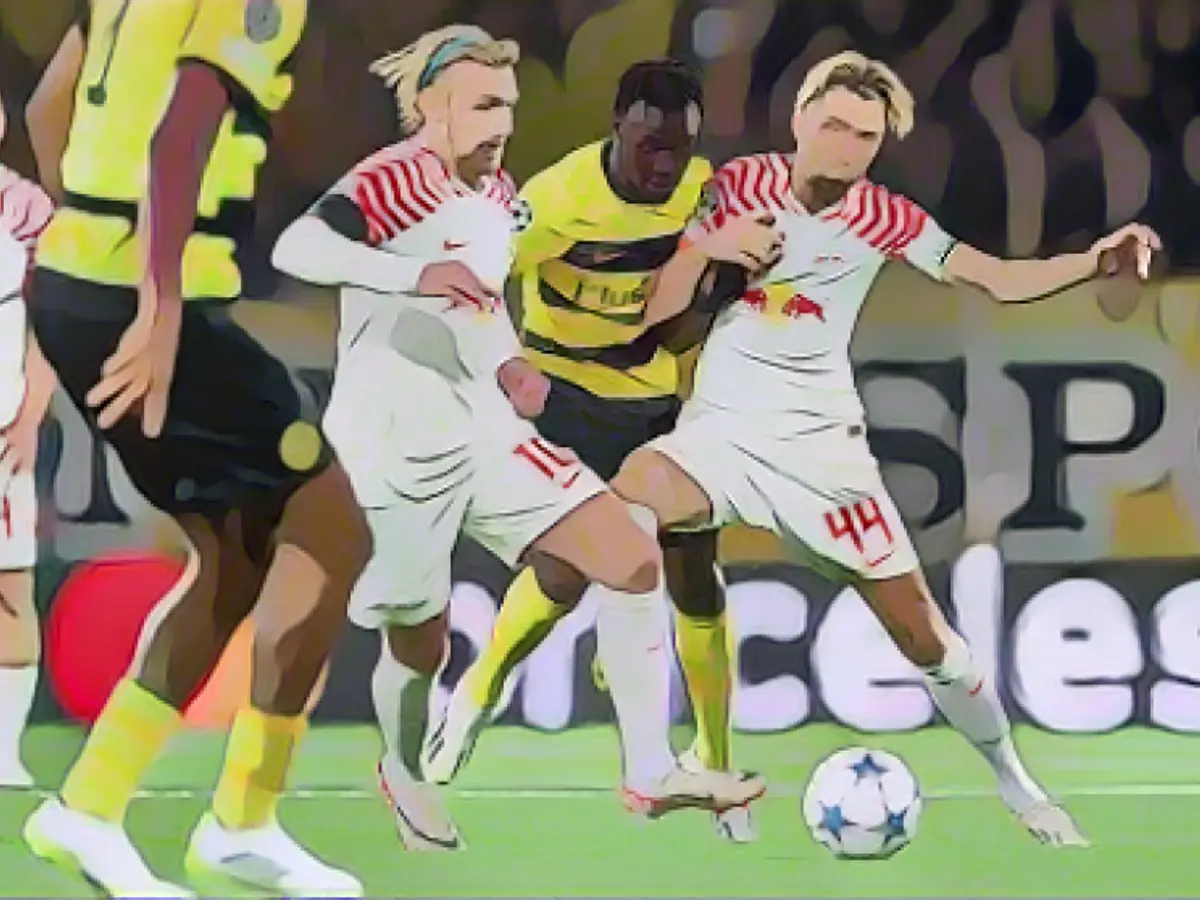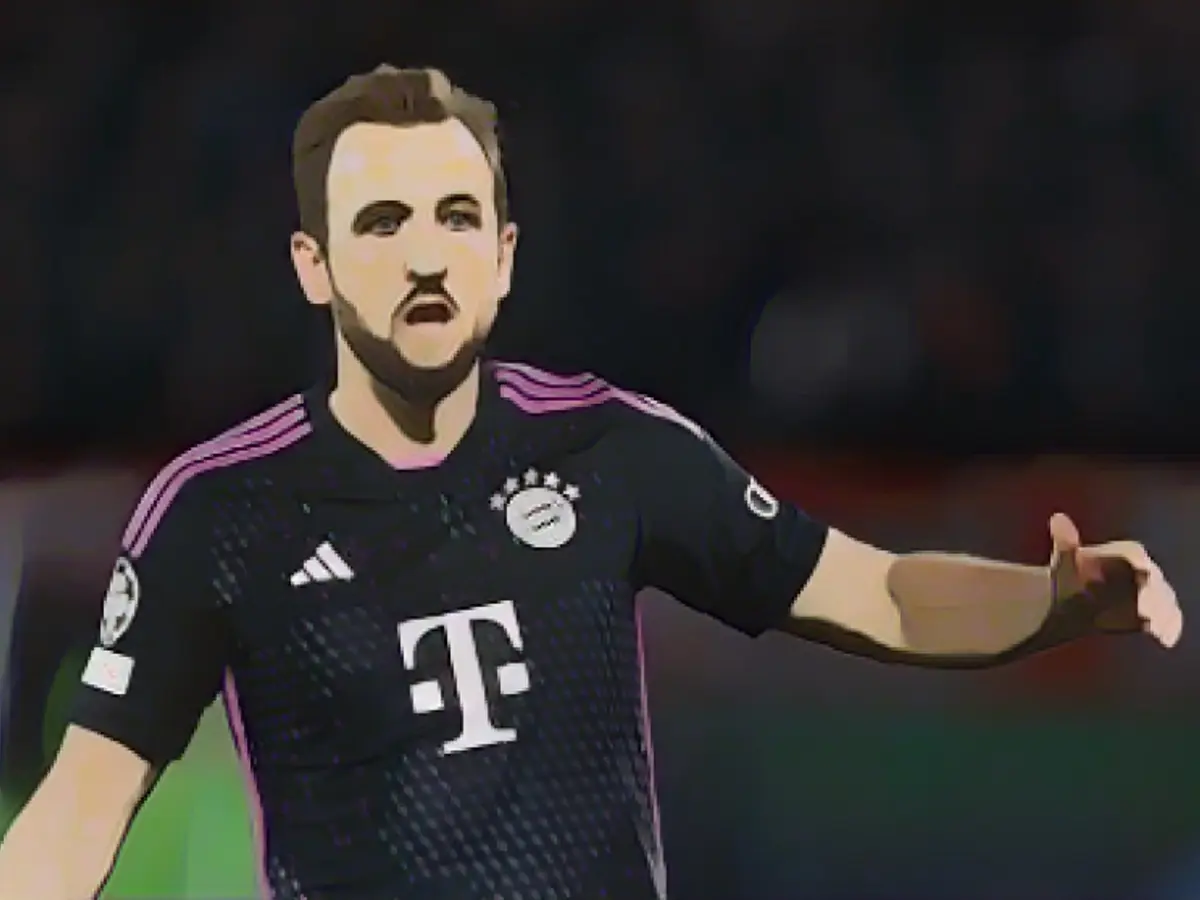Turmoil at the Stadium Entrance
Eintracht's opponents were the police, not their own team.
The 1:2 defeat against Stuttgart was overshadowed by intense riots before the kick-off at the Nordwestkurve entrance.
An epic battle unfolded between the Ultras and the forces of law and order, with both sides hurling bottles, fences, and pyrotechnics. The police retaliated with a heavy use of irritant gas.
The fallout: around 100 injured, half of them officers. Uninvolved fans were caught in the crossfire. Children were exposed to tear gas as the scene descended into chaos. Ten fans sustained severe lacerations, requiring immediate treatment from overwhelmed paramedics. Others were stretchered off with neck braces, attended to by an emergency doctor. Shockingly, Ultras threatened to break a photographer's neck for offering aid to the injured.
The Frankfurt Fan Riot Spectacle
That very night, a special investigative team ("SoKo2511") was established by the police to unravel the series of events, probing breaches of the peace and assault on law enforcement officers. Meanwhile, fans alleged indiscriminate tear gas attacks on the innocent.
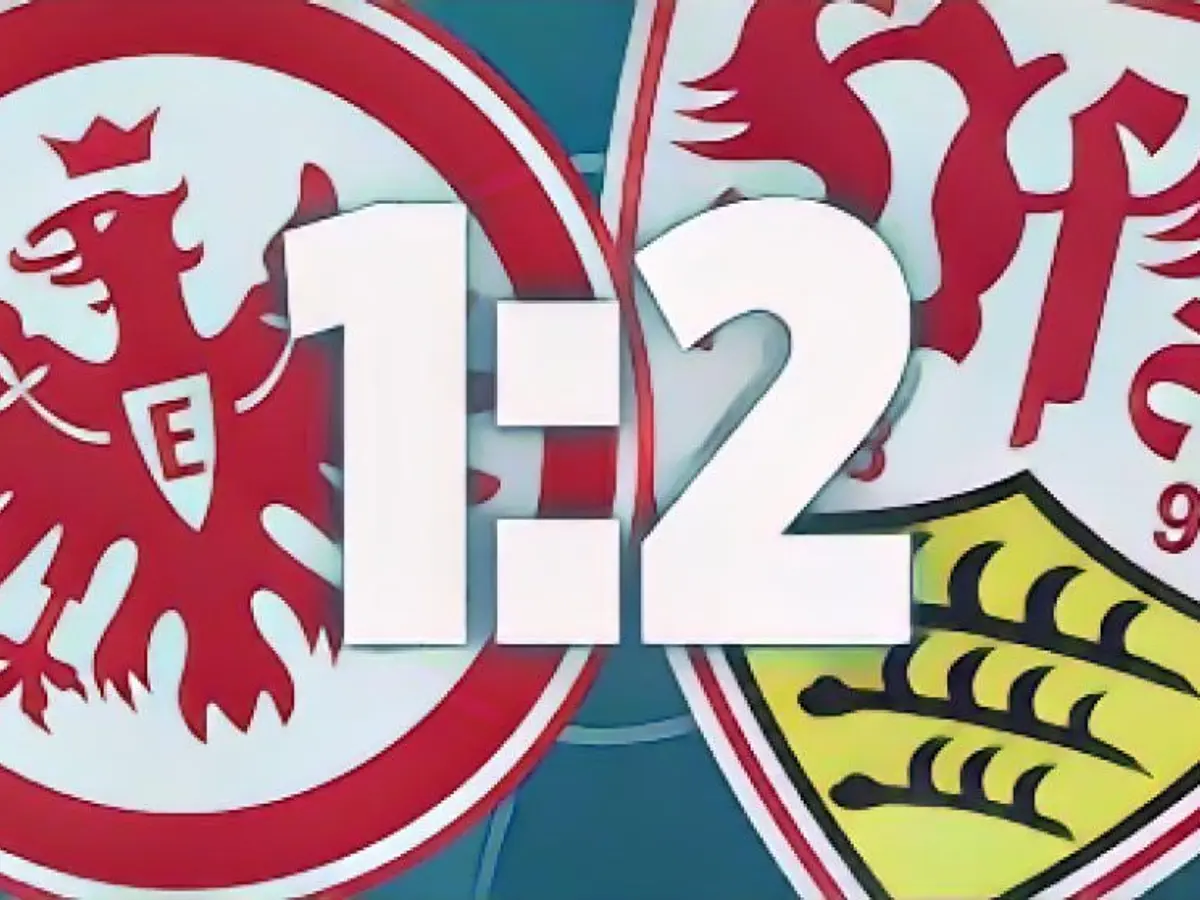
Philipp Reschke, a member of Eintracht's board, pledged to delve into the origins of the chaos, adding, "We will turn over every stone and piece together every piece of the puzzle to get a clear picture of how these events transpired."
The Violence Trigger
The catalyst for the clash was stricter ticket checks at the entrance to Block 40 by stewards. Fans without valid tickets attempted to enter, even though the Ultras were not obstructing others. The stewards' refusal sparked a confrontation, culminating in the police being notified. And so, the tragic sequence of events unfolded ...
Just before kick-off, the Ultras vacated the north-west curve briefly following an announcement by the captain ("Everyone out, exit the block"). Protesting what they perceived as an overzealous police response.
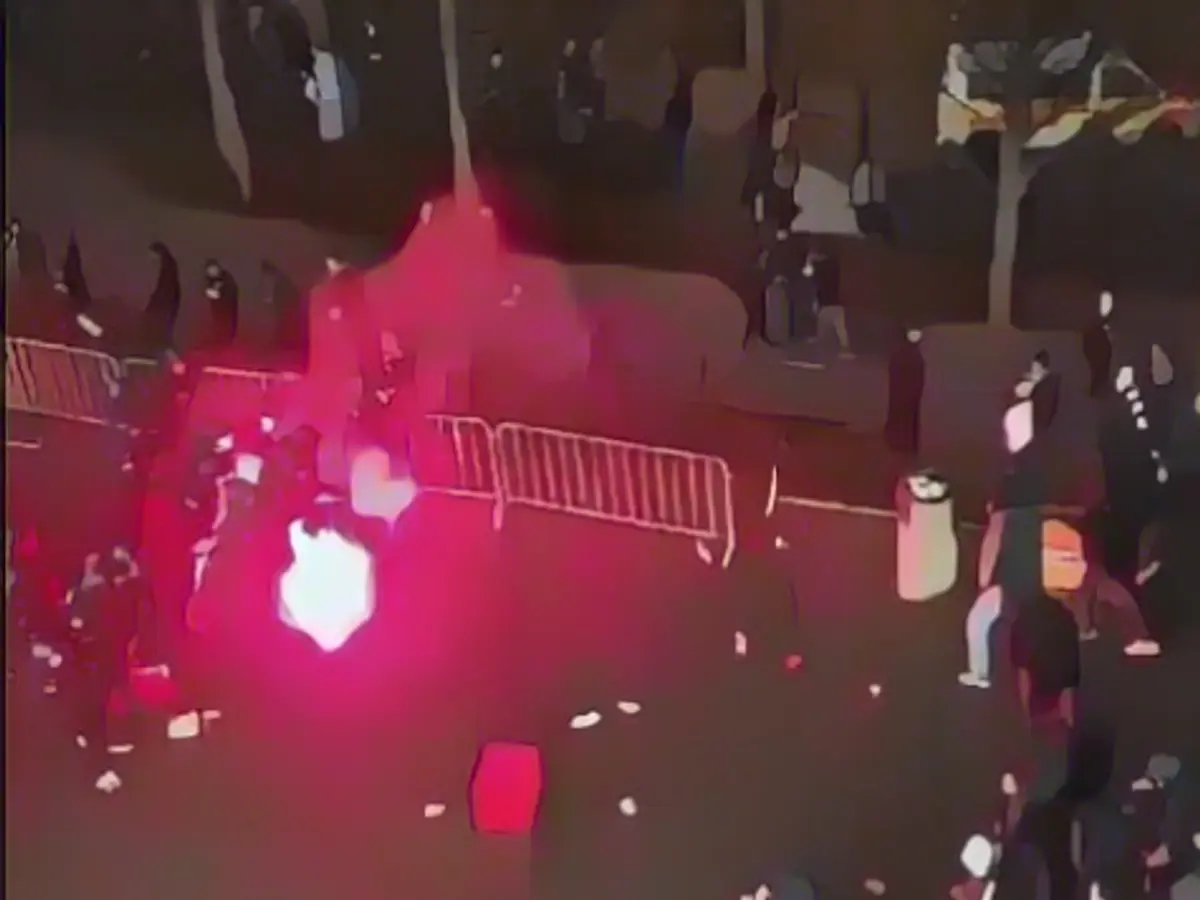
Despite their absence, the Ultras did not back their team during the game, denying the players the essential support they usually receive.
Coach Dino Toppmöller (43): "Having support is a massive advantage for us. They provide a bit of energy we often lack. We draw strength from the spectators."
Captain Kevin Trapp (33): "I'm clueless about what transpired behind the scenes, but the block was empty. We've never experienced this before, and it was eerily quiet throughout."
Eintracht suffered an upsetting home loss against Stuttgart for the first time in 15 Bundesliga games. Fan chaos has been a recurring problem, raising concerns about its potential impact on the team's European qualification prospects.
*Yet, the team is facing a crucial period before Christmas with seven games in about 20 days. It's unclear what the Ultras' motives are in sabotaging team support.
- The Ultras chose conflict with the police over supporting their team during Eintracht Frankfurt's match against Stuttgart, which ended in mayhem before the game.
- The violent riots garnered widespread attention on social media platforms, overshadowing the high-profile Bundesliga encounter.
- Eintracht's stars lamented the absence of their Ultra fans' support, impacting the team's energy and momentum.
- Police launched an investigation into the events, citing serious breaches of the peace and assaults on law enforcement officers.
- Dino Toppmöller, Eintracht Frankfurt's coach, emphasized the importance of fan support in boosting the team's morale and momentum.
- While the specifics of this incident were not detailed, the recurring fan chaos threatens Eintracht's chances at qualifying for Europe.
Source:
Insights
- Historical Context: Hooliganism is a long-standing issue in football, often revolving around fan culture and the desire for excitement or confrontations.
- Police Intervention: Policing can sometimes exacerbate tensions, especially when fans perceive restrictions as unfair or the police as too aggressive.
- Cultural and Social Factors: Fan identities, territorial conflicts, and rivalries can perpetuate aggressive behaviors and resistance to authority.
- Inciting Factors: Specific incidents, such as perceived injustices or provocations, can spark violent confrontations with police.
